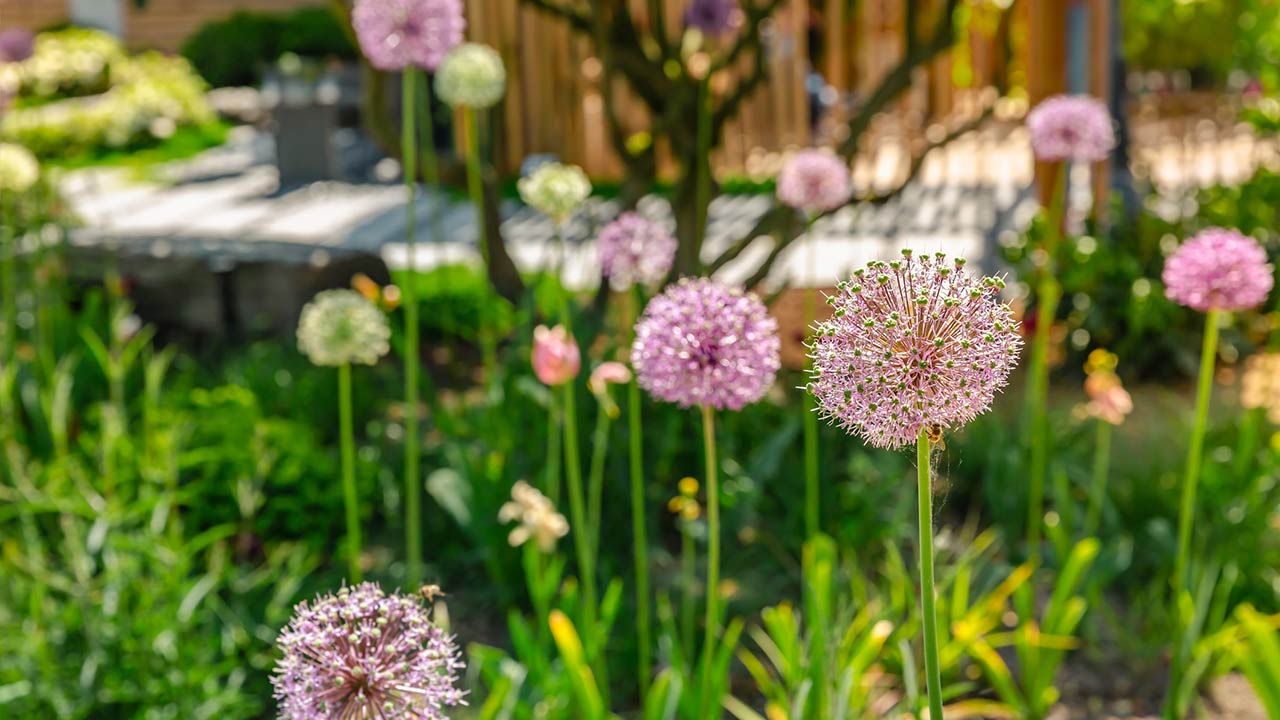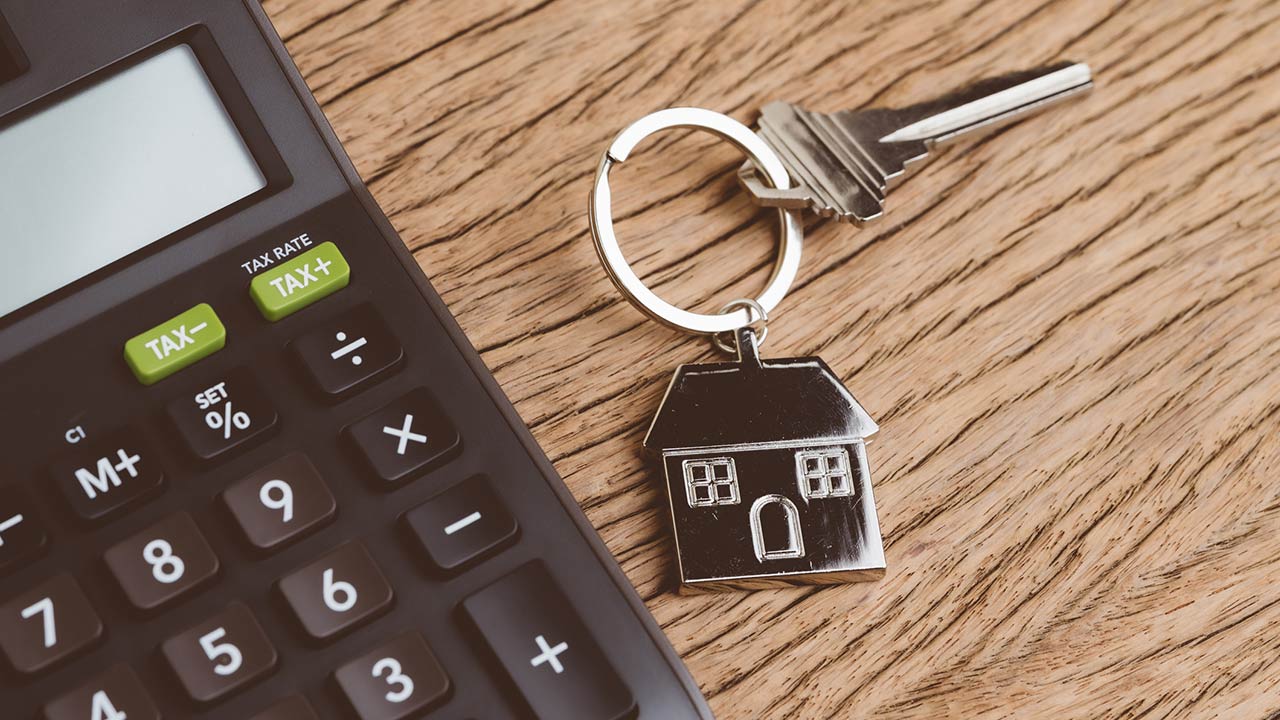What’s Worse – No Credit or Bad Credit?
Consumers are increasingly being warned about getting themselves into major debt, and avoiding certain financial products that could get them into hot water.
While that might not be bad advice, it’s also not 100% accurate to say that completely avoiding credit is better than having a banged-up credit score.
Don’t get ‘no credit and ‘bad credit’ confused with each other – they’re actually two different things. But they can both come back to bite you when it comes time to apply for a loan.
But which one’s worse?
What Exactly Does “No Credit” Mean? And How is it Different From Bad Credit?
Having no credit essentially means you’ve got nothing in your financial history that has contributed to building and establishing a credit score. You’ve never had a credit card; you’ve never taken out a student or car loan; you’ve never had a mortgage, and so forth.
Without any loans or credit applied for and used in your past, there’s essentially nothing for lenders to go by in order to determine whether or not you’d make a good candidate to borrow money.
On the other hand, bad credit means you’ve had your fair share of credit and loans, but you weren’t exactly managing it very responsibly. Maybe you maxed out your credit cards and continuously had an outstanding balance on them, or maybe you were consistently late on your car payments. Maybe you didn’t pay your student loan in full and on time, or you experienced foreclosure or bankruptcy in your past.
All these things have a significant impact on your credit score, and can drag it down really quickly.
The good news is, this is something that can be corrected over time, with good spending and saving habits in place.
So, What’s Worse? Bad Credit or No Credit At All?
Many people may falsely believe that having bad credit is worse than having no credit. After all, you haven’t done anything to incriminate yourself financially. But you also haven’t done anything to prove your creditworthiness either.
The problem when you apply for a loan with no credit is that banks and other lenders don’t exactly like to loan money out to people without some type of credit history. It’s sort of like sending in a resume to a potential employer: if you’ve got no job history or educational training for the job you’re applying for, an employer has nothing to base his or her decision on. The majority of lenders aren’t exactly keen on doing a lot of guesswork when it comes to approving a loan.
Bad credit is actually not worse than having no credit at all for the simple fact that lenders at least have something to base their decision on. They can at least consider the events that occurred in your past that contributed to your bad credit score, and determine whether or not these are issues that you’ve overcome.
If you have a bad credit score, but have recently shown proof of some sort of effort on your part to better it, the lender may be willing to gloss over your bad score. On the other hand, the lender might not be willing to look past no credit at all.
Building and Establishing Good Credit – the Responsible Way
If you have no credit, you’ve got a clean slate to start with. Make sure to take careful steps to building a solid credit score.
The first thing you should do is apply for a credit card, and use it consistently. Just make sure that you never go near your maximum credit limit, and you make every payment on time and in full every month. Even once missed payment can have a big impact on your credit score.
Take out a small personal loan. If you show that you are capable of making your payments regularly and in full is a good sign that you’re good for the cash, which will do nothing more than boost your credit score.
Fixing Bad Credit
If you’re in the hole, there are still plenty of things you can do to change this. First and foremost, make all your loan and credit card payments on time and in full every month. Sounds like a no-brainer, but it’s critical that you do this if you ever want to see your credit score go up.
If you’ve got old accounts that you never use, don’t close them. Instead, old credit can be a good thing for your credit score. The longer you have these established accounts open, the better your score will be, as long as they are used responsibly.
Don’t open lots of new accounts at once or jack up your debt amounts. Having a low debt-to-credit utilization ratio is key to improving your credit score.
Building or improving credit takes some time. Just be patient, and make sure you follow through with all the things you need to do to make sure you wind up with a solid credit score that’s worthy of getting approved for loans at decent interest rates. It’ll all be worth the effort at the end of the day.












